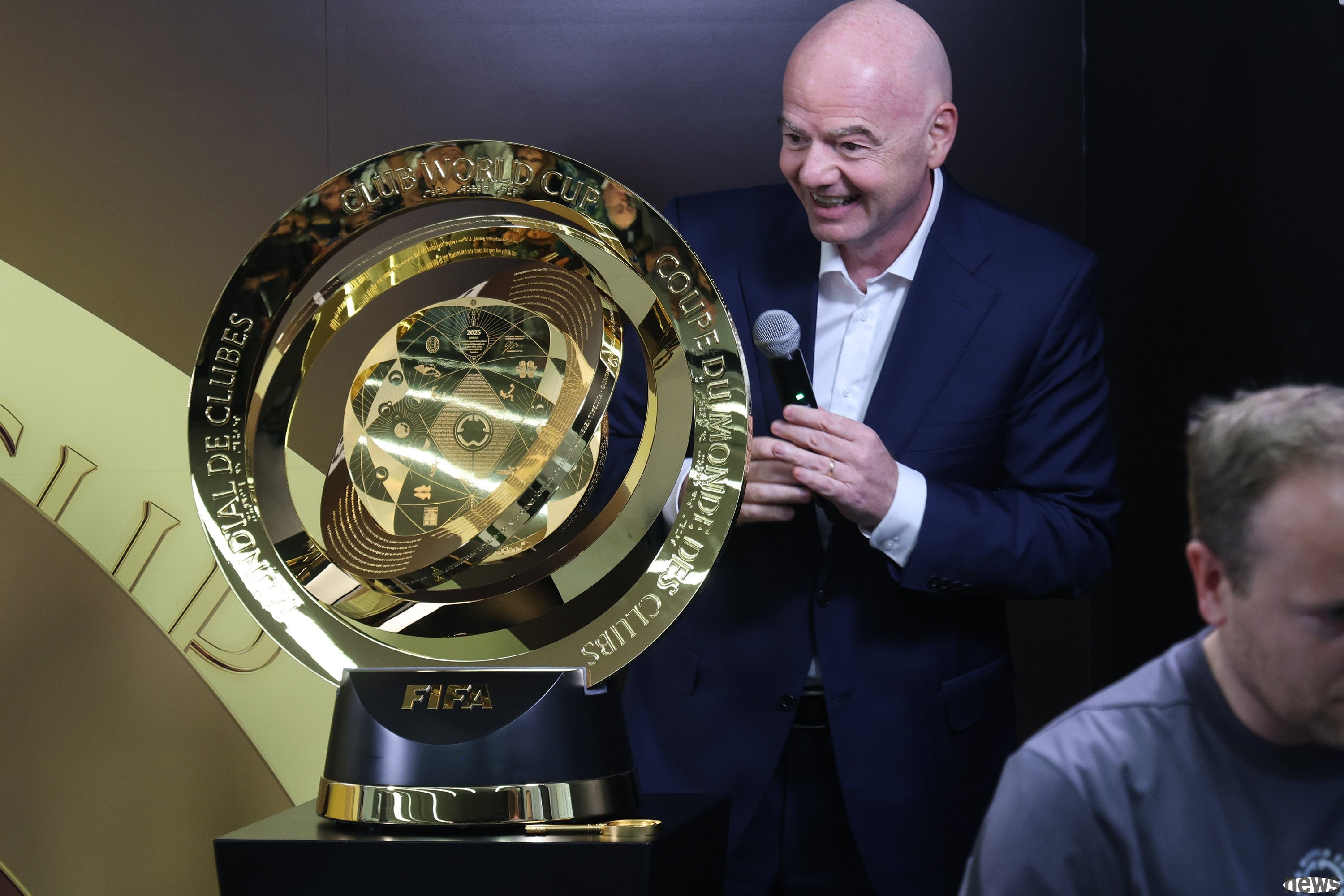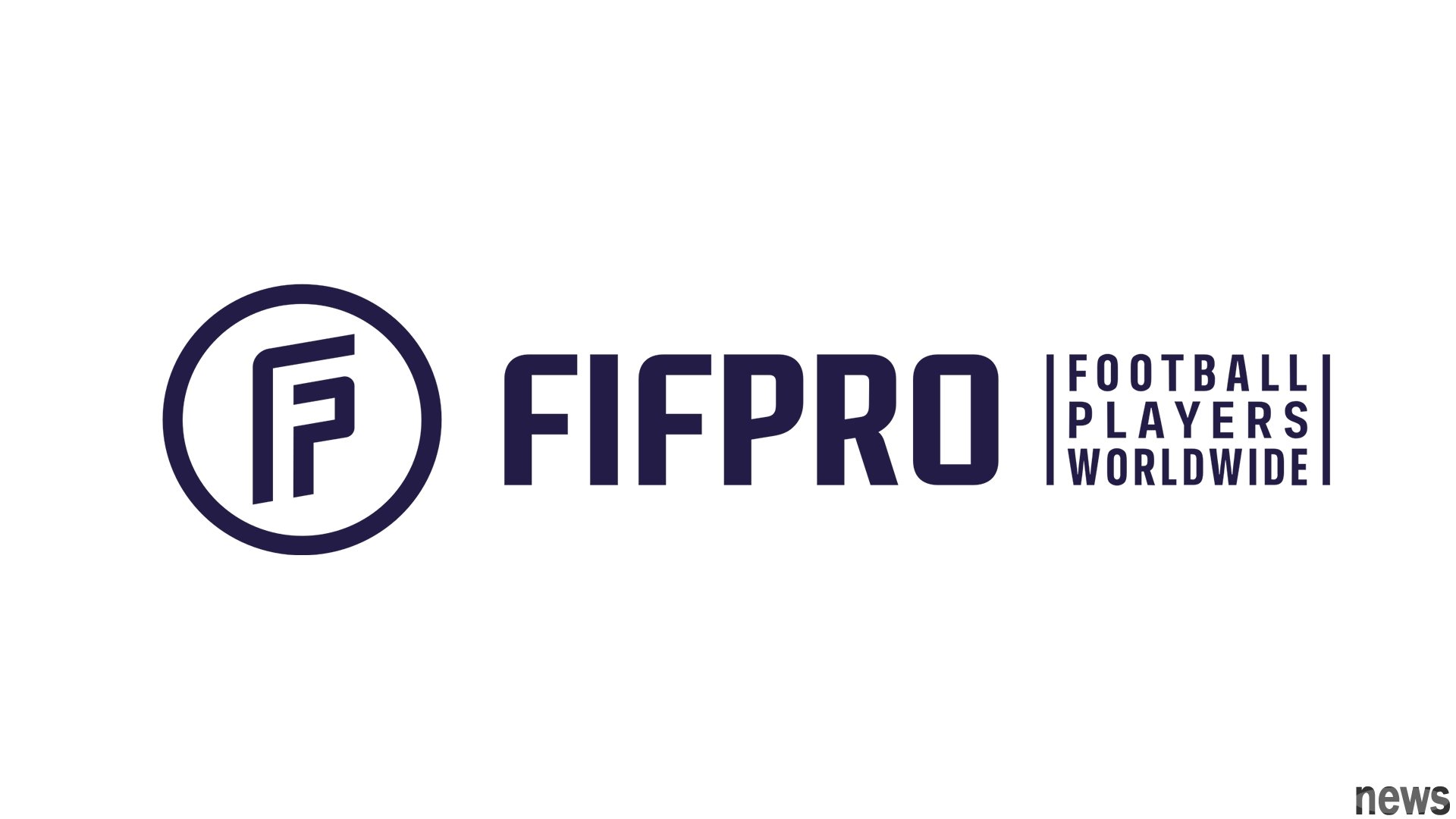
Foreign media footmercato reported that FIFA and the Players' Union had a fierce conflict, and an organization led by FIFA President Gianni Infantino recently launched a fierce counterattack against the International Federation of Professional Football Players (FIFPRO).
In the face of FIFPRO's continued criticism, FIFA broke its silence and issued a tough-worded statement. In this statement, FIFA accused FIFPRO of being more inclined to power struggles than actual reforms and defended its measures for players’ welfare, while calling for transparent dialogue.
The recent club World Cup in the United States became the fuse of this dispute. The event has been criticized for its expanded format, overly intensive schedule and its impact on players' physical fitness. The Players' Union believes that the event was forcibly promoted without adequate consultation and further damages to their health when players are already facing heavy game tasks. Last year, FIFPRO filed a lawsuit with the European Commission, accusing FIFA of abusing its dominance in the management of international tournament schedules. The Players' Union then organized a summit in response to its exclusion from a meeting before the club's World Cup final.
Argentine FIFPRO chairman Sergio Marci severely criticized FIFA under Infantino's leadership in an interview with The Athletic, saying that its management method is "authoritarian". Alex Phillips, secretary general of the Global Player Union, also made unabashed criticism of FIFA and its president. He said he had learned that before the club's World Cup he had heard that they had not had a break in a long time. Some players even said that only injuries can get rest. Other players were forced to post comments on social media in support of the club's World Cup, although they did not agree. This contradictory situation puts players in a dilemma, and they are worried about the consequences of speaking publicly.
FIFPRO pointed out in its statement that overcrowded match schedules, matches in hot weather and neglect of players' social rights are major issues. Two days later, FIFA responded to FIFPRO's criticism. In a statement issued on July 27, FIFA expressed "extreme disappointment" with FIFPRO's "increasingly divided and contradictory" attitude. FIFA believes that FIFPRO is more inclined to protect the personal interests of certain leaders through media attacks rather than truly safeguarding the interests of players. FIFA stressed that real dialogue should be constructive, rather than based on false communication methods. FIFA also listed a series of specific measures aimed at improving player welfare, including at least 72 hours of game intervals, mandatory three-week holidays at the end of the season, a schedule that takes into account travel and climate factors, and an increase in the chances of player representatives participating in decision-making. In addition, FIFA has promoted the reform of the transfer system, the development of women's football, wage guarantee mechanisms, and protection measures against discrimination and harassment. FIFA believes that these measures are far beyond FIFPRO's requirements, but the latter chose to respond with personal attacks. FIFA also questioned FIFPRO's governance transparency and required it to disclose its charter and financial reports.
FIFA itself highlights a number of specific measures that have been implemented, such as the introduction of five substitutes, concussion agreements, equal treatment for men and women's World Cup, maternity leave for women and the establishment of emergency funds for players who have not paid their wages. FIFA once again invited FIFPRO to the negotiating table, but only if the latter must stop the so-called "ransomware" and demonstrate the same transparency as asking others. FIFA believes that the future of football should be based on solidarity and practical action, rather than superficial confrontation.
